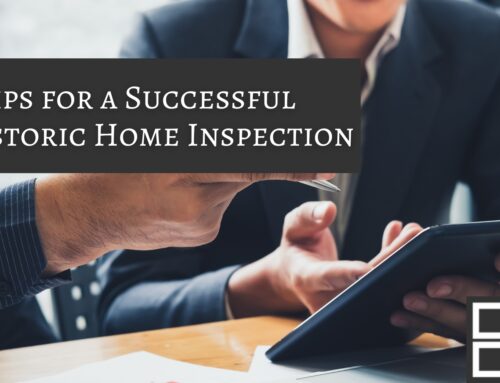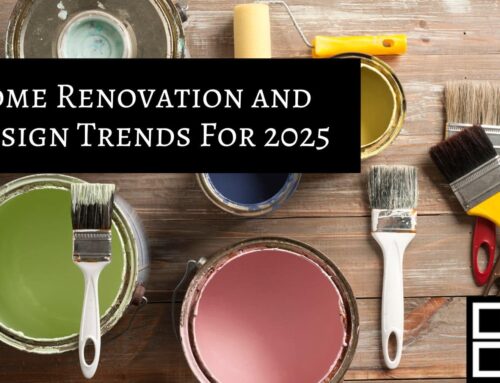Real Estate Trends
“The secret of change is to focus all of your energy, not on fighting the old, but on building the new.” In light of the 2020 COVID -19 pandemic, Socrates’ statement made over two thousand years ago, is certainly applicable in the world’s current climate of change.
As we prepare to usher in 2021, many are wondering about the future of real estate and what that future will look like. As with every other business and industry, the impact of COVID-19 on the real estate market has been immense. Early in the onset of the pandemic, real estate professionals were forced to make significant changes to their business models. Social distancing and self-quarantine rules became the new norm. Disinfecting and cleaning products were suddenly at a premium. Personal health and safety quickly moved to the forefront of everyone’s thoughts.
Overnight, both buyers and sellers became more cautious and apprehensive when dealing with Realtors as well as with each another. In a profession that is primarily about making personal connections, this shift dramatically affected the industry. Suddenly, real estate agents were faced with how to successfully transition to a new way of doing business.

COVID-19 Era
Many of the changes implemented during the COVID-19 era are expected to stay with the industry for the long term. With that reality in mind, the best way to stay on top may well hinge on the success of agents “building on the new”. To secure an edge over the competition, agents must be prepared to change with the times and adapt their business model to a new normal. Strategies that proved successful during the early days of the pandemic and are expected to remain in effect into 2021 and beyond include:
- Virtual Sales Tools: While virtual tours are not a new concept, the top Realtors are increasingly relying on this tool to tour homes with potential buyers in real-time. This allows agents to answer questions and address important features as they would in an in-person showing. Many are taking advantage of 3D virtual tour technology for active online listings, a tool that has recently grown in popularity as well. This use of technology has resulted in more home buying efficiencies. Even closings are transitioning to virtual practices, such as watching clients sign important documents over videoconferencing or the use of document signing technology such as DocuSign.
- Restricted in-person appointments: It may not be possible for the in-person appointment to be avoided forever. In the midst of the pandemic, many practitioners encourage minimal gatherings while viewing potential homes for sale in Pooler and other areas. Many communities have banned open houses, with all in-person viewings by appointment only. While changing these protocols comes down to respecting the comfort levels of buyers and sellers alike, overly tight restrictions are not likely sustainable. Agents know that the best chance of selling a home is getting all stakeholders on board and that having a personal connection is more easily achieved during an in-person meeting.
- Increased safety standards: Real estate professionals have taken to implementing high safety standards at showings, including wearing masks and gloves and having disinfecting products on hand. Homeowners are encouraged to leave main lights on and interior doors open to reduce the need to touch surfaces. These are practices that make everyone feel safe and help reduce risk. Staying six feet apart at showings and conducting main conversations outdoors when possible remain good practices. Until the efficacy of the Covid-19 vaccine has been proven, experts continue to maintain that adhering to proven safety standards is essential in slowing the spread of the virus.
- Charity and Community Service: Without a doubt, the effects of the pandemic have taken a toll on local communities. Many have lost jobs and others, especially small businesses, have been adversely affected. During this difficult time, more prosperous businesses, including real estate agents and brokerages, are expected to give back to the community by making donations to those less fortunate and being actively involved in the community. While clients always want to work with competent agents, many will prefer those who are involved in a charitable cause in their community. This strategy helps in brand building as well as gives a stronger base for future business.
Content Marketing: There is more emphasis on content marketing, a strategic marketing approach focused on creating and distributing valuable, relevant, and consistent content. Examples include:
- Social media marketing – the vehicle for communicating and distributing interesting content across the internet.
- Search engine optimization – search engines reward businesses that publish quality, consistent content.
- Public relations – strategies that address issues readers care about.
- Pay-per-click (PPC) – an internet advertising model used to drive traffic to websites, in which an advertiser pays a publisher when the ad is clicked.
- Inbound marketing – creates compelling, valuable content and distributes that content through a variety of online channels (also includes being active in online communities).
- Content strategy – seeks to manage content as a strategic asset across the entirety of the organization.
Neighborhood Tours
Many brokers and agents are encouraging buyers to do a drive-by tour of the neighborhood, street, or general area where the home in which they are interested is located. Buyers and agents arrive separately and while maintaining social distancing, buyers are able to get a sense of the location and amenities in the area. It allows buyers to conduct an exterior tour to make sure they are still interested. This allows buyers to eliminate homes that will not be a good fit and allows sellers to welcome only serious buyers inside their homes.
As we prepare for the new year, there is surely a heightened awareness that everyone’s health and safety are of the utmost importance. Some of the limitations meant to ensure safety are now being lifted, but it is wise to remain cautious as we begin to emerge from the crisis. Strive to keep lines of communication open and balance your ability to connect with others while maintaining a reasonable level of safety as we prepare for 2021.









